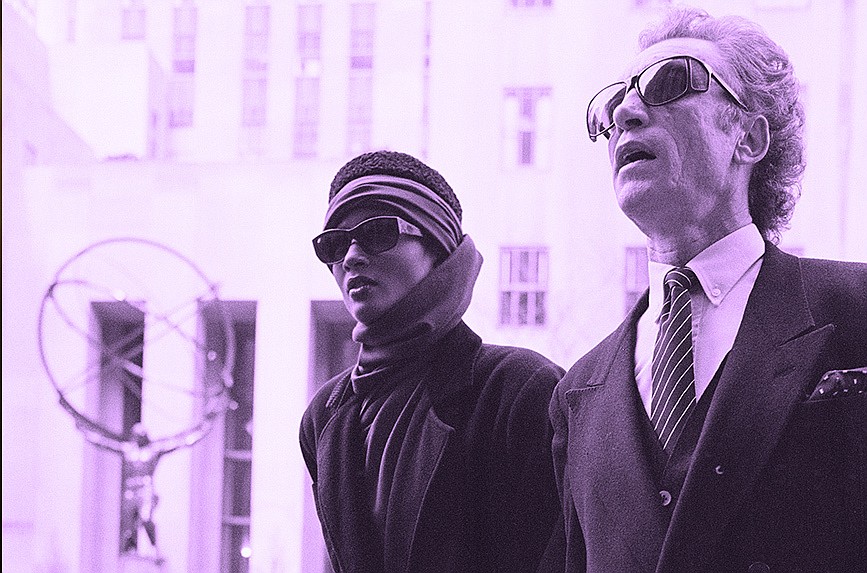- April 16, 2025
-
-
Loading

Loading

There’s a funny thing about The Good Old Days: They’re elusive — usually only revealing themselves in hindsight.
In the late 1970s and ’80s, photographer Christophe Von Hohenberg was entrenched in New York City’s exploding pop-art scene. Here, he became a friend of Andy Warhol’s, as well as a frequent visitor of his studio and social hub, The Factory.
Spending his time creating art, rubbing shoulders with the scene’s unique miscellany of celebrities, wealthy patrons, artists, rockers and Bohemians, Von Hohenberg says he didn’t appreciate the significance of the situation until years later.
“It became something I took for granted at the time,” he says. “I didn’t think of it that way at the time — it’s just the way things were. Creativity was just booming. There was always something happening, and Andy Warhol was at the center of it. It was like being at a cocktail party for 25 years — you find the exit sign, look back and think, ‘Wow, what a trip.’”
On Friday, March 3, almost exactly 30 years after Warhol’s death, Von Hohenberg’s exhibit, “Remembering Warhol: 30 Years Ago,” opens at Alfstad& Contemporary.
The collection includes original photos he took at Warhol’s memorial service, as well as handwritten letters by those in the scene who knew Warhol best, paying tribute to his life and influence.
When Warhol died in 1987, Von Hohenberg shot the memorial service at St. Patrick’s Cathedral on assignment for Vanity Fair, which knew he was acquainted with many in attendance.
The more than 600 photos he took captured an interesting contrast of the veritable who’s-who of society and the day’s somber occasion.
“It was a wild scene,” he says. “Fifth Avenue was blockaded; thousands of people came. It was high-glitz, but I tried to show warmth and feeling with my photographs.”
Unfortunately, Vanity Fair decided not to run the story, and he instead turned the photos into his book, “The Day the Factory Died” — a tribute to Andy Warhol’s life. Over the course of six years, as he was working, he asked people who knew the art icon best to send him letters of their memories.
At the time, he says, typewriters were just on their way out, so many of the submissions were handwritten on personal stationery or typed on letterhead, adding a personal touch.
The letters reveal a level of intimacy, not only in regards to the writers, but also offering a glimpse into Warhol’s personal life.
“The general public had a misconception of Andy Warhol,” says Von Hohenberg. “He didn’t use drugs; he was religious, quiet and a brilliant observer. He was living pop art, and it was a one-of-a-kind moment in time. These letters are a document of Andy and those relationships.”